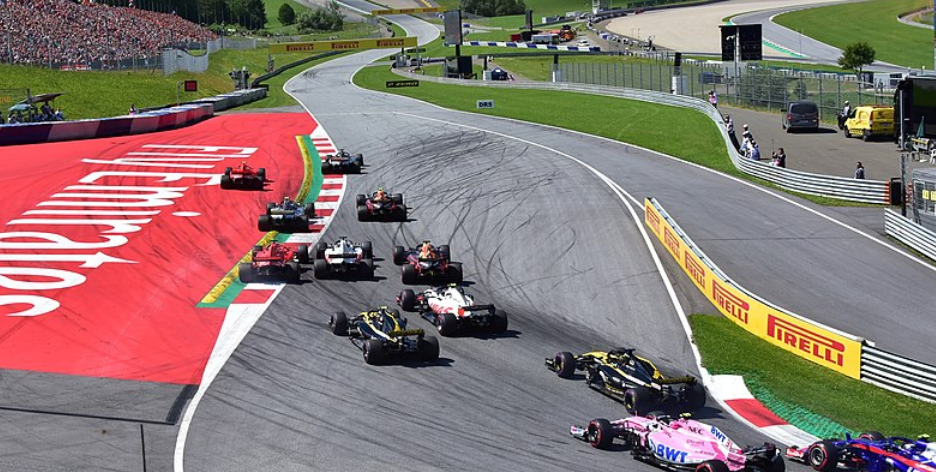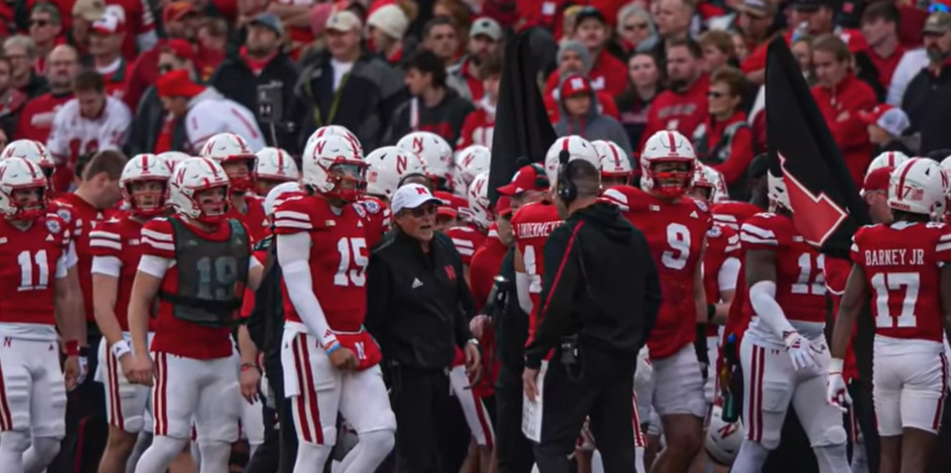I saw women’s boxing on television for the first time when I was 18, and that’s when I wanted to do it. So, it didn’t come from me watching my father.
The Greatest’s Daughter
Laila Ali was born in Miami Beach on
December 30th, 1977 to Muhammad Ali and his third wife, Veronica
Porche. The most famous of The Greatest’s nine children, Laila’s the
only one to follow in his footsteps into the boxing ring, On her way to
the top, the statuesque, 5’10�, 175 lb. cruiserweight whupped Jackie
Frazier, daughter of Joe, in the first Pay-Per-View fight featuring
females in the main event.
She hoped to have a showdown with
George Foreman’s undefeated daughter Freeda who retired suddenly after
taking a pounding from another pugilist in the first loss of her
career. Laila currently reigns as the women’s world title holder,
having compiled an impressive 24-0 record, including 21 knockouts. With
no credible challengers left, she opted to try something
completely different type, ABC-TV’s Dancing with the Stars. She and her
partner, Maklim Chmerkovskiy received
a perfect score for their rumba, and came in third overall in the
popular series’ competition. All the national attention led to
recognition of Laila’s feminine side, and she was recently named to
People Magazine’s 100 Most Beautiful List for 2007.
The accomplished 29 year-old, now
completely out of her father’s shadow, is also the author of a
motivational book entitled “Reach!� She often makes public appearances
as an inspirational speaker before young women in need of a role model.
Laila is currently engaged to former NFL star Curtis Conway, and the
loving couple has plans to marry in Los Angeles next month. She is
the subject of the documentary,
Daddy’s Girl, a documentary about her life which will air on TV One on
Father’s Day, June 17th, at 8PM.
Â
BSN: Hi, Laila. The first thing I have to ask you is, did you know that your dad was here in Princeton a few days ago?
LA: No, I had no idea. I’m just so busy.
BSN: They’re calling him Dr. Ali, now, because he was awarded an honorary degree from the University at graduation.
LA: Oh wow, that’s cool!
BSN: I met him twice before.
The first time was way before you were born, back in 1967. He was
training in Manhattan for the Zora Folley fight. A teacher who knew I
was a fan took me to see him work out. Muhammad’s sparring partner at
the time was future champ Jimmy Ellis, and we watched them go a couple
of rounds. And while I was there, another future champ, Joe Frazier,
who was up and coming but not very well known at the time, came in,
loudly demanding a title fight. Ali talked some trash, leaned over the
ropes and snapped Smokin’ Joe’s suspenders, asking him what made him
think he could put up a good fight, which made everybody there laugh.
The other time was in the early ’80s in Beverly Hills when he was
driving a Rolls Royce convertible down Rodeo Drive. All the pedestrians
on the street started chanting Ali, Bomaye! This was the phrase that
the people of Zaire chanted while he was training for and again during
the George Foreman fight, meaning “Ali, kill him!”
LA: Oh, I just loved that car.
BSN: Why did you decide to make the bio-pic Daddy’s Girl?
LA: Well, it wasn’t my idea.
Reggie Bythewood was the producer. It was his baby. He pitched the idea
to me. I didn’t really know what was going to come of it, as far as how
it was going to turn out. He started doing the footage and following me
around, and I’m happy with the way it came out.
BSN: This is pretty honest
documentary. In fact it opens up with you saying, “My father may have
been the greatest boxer, but he definitely wasn’t the greatest father.�
LA: Well, I don’t think that I necessarily would have chosen to start it out that way.
BSN: Oh, that’s the way it was edited.
LA: Exactly, but people have to understand that, to me, that’s not a
negative statement. Obviously, it sounds like it is, but there are a
lot of parents out there who wish they would have done things
differently. And, like I said, my dad would probably be one of the
first ones to say that.
BSN: Yet, you still followed in his career footsteps. Did you think that you were going to be a boxer while you were growing up?
LA: No, though I’d always been
an aggressive person, and had a competitive spirit. I saw women’s
boxing on television for the first time when I was 18, and that’s when
I wanted to do it. So, it didn’t come from me watching my father. I
didn’t know the sport existed; therefore, I wasn’t really interested in
it until I saw it.
BSN: Do you think there might
be something genetic about your interest, since Freeda Foreman and
Jackie Frazier, daughters of George and Joe, became boxers?
LA: You also had Archie Moore’s
daughter in the sport before I was, Ingemar Johansson’s daughter, and
Roberto Duran’s granddaughter. So, it’s the same as with anything else.
There are women, and there are men, who are just going to happen to
want to fight, though I think my having some success in my career
definitely forced the issue with some of the other girls. But I’m the
only one now who’s still fighting. I guess they tried it, and it didn’t
work, or there was something they didn’t like about it. So, they moved
on, and I’m the only one that actually has had any staying power and
became a world champion.
KW: You’re the undefeated world champion, 24 and 0, is it time to move on
and parlay that success into something else?
LA: Well, I definitely reached
my goals, and unfortunately, it’s left a void in how I feel about my
career, because it wasn’t as challenging as I would have liked it to
have been on the way up, as you saw in the documentary. It would be
very difficult to continue to train hard and remain motivated after
some of the situations I ended up in. I never intended to box forever,
and always planned to move on to do other things. So, I’m pretty much
where I thought I’d be right now, undefeated and a world champion.
BSN: How about your sister Hana? Think she might enter the ring?
LA: No. None of my siblings have an interest in boxing. I’m the
only one.
BSN: You have also done some
time in jail, which makes me think of Paris Hilton, because usually
people from a prominent family figure out a way to avoid ending up
behind bars.
LA: I definitely wouldn’t compare myself to Paris Hilton.
BSN: Do you want to talk about your case?
LA: When I was 15, I hung out
with some girls who were shoplifters, and I decided to do it myself,
even though I had money in my pocket. And I got in trouble. I spent
time in a juvenile hall. I think a lot of people try that but don’t get
caught. I happened to get caught. You might have just found that out,
but that information is not new. I’m the one who pretty much put that
out there years ago about myself.
BSN: Why so?
LA: Because, for me, it’s the
only way to talk to other girls, and to try to help them. I actually
wrote a book about my upbringing and what I’ve been through. It was
just something that I did. I believe everything happens for a reason,
and I’m going to use it in a positive way.
BSN: How did you enjoy doing Dancing with the Stars?
LA: It was a nice change for me, to do something glamorous, but challenging. I had a lot of fun doing it.
BSN: It must have been a lot different from getting hit in the ring. You must have hated that part of being a boxer?
LA: I think it’s just that
you’re not a boxer. Anyone who’s not a fighter would say that, whether
you’re a man or a woman. It’s hard for me try to explain to a non-boxer
that it’s a sport. It’s part of a game in which you don’t want to get
hit. Obviously, when I get hit, it doesn’t feel the same as it would
for you to get hit. That question continues to be asked over and over
again, and I’m sorry, but I really don’t have an answer for it.
BSN: That’s okay. What was it
like being raised by such successful parents? After all, you’re dad was
The Greatest and your mother was an accomplished equestrian in her own
right. Did you feel pressure to succeed, too?
LA: I don’t feel pressure. I
just grew up around people who had a lot of confidence and drive, and I
have the same. Any pressure on me comes from myself.
BSN: What advice do you have for anybody who wants to follow in your
footsteps?
LA: Don’t do it! No, I’m
joking. I don’t really try to tell people whether they should fight.
It’s definitely not for everybody. I think that if you do want to be a
fighter, then you need to work harder than everybody else, and make
sure that you surround yourself with good people, especially if you’re
a woman. You’ve got to find a team that takes you seriously as a female
fighter, and is not going to rush you into the ring before you’re
ready.
To subscribe to or advertise in New
York’s leading Pan African weekly investigative newspaper, please call
(212) 481-7745 or send a note to [email protected]
“Speaking Truth To Empower.�







